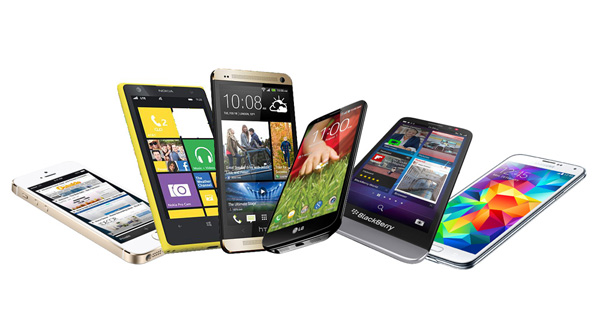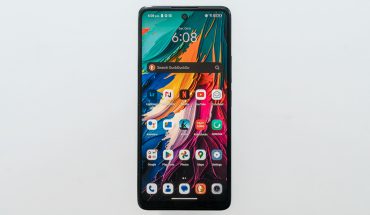
Smartphones have reached the status of computers in a number of respects, ranging from their capabilities to the data they’re able to store. It’s that spectrum of ability and the personal nature of smartphone data that should compel you to back it up and avoid the calamity of losing it forever.
For someone running a small business, phone contacts can be priceless. For any consumer using the phone’s camera to capture memories and slices of life, the photos are just as priceless. Then there’s text messaging history, passwords, apps, music and a plethora of other content that makes a smartphone what it is. The fallacy of not backing any of that up is a recipe for disaster that needlessly wastes time and money.
The stories of lost or stolen phones are endless, along with those damaged by accidental falls onto concrete floors or unintentional dips into toilets. Unless the phone can be salvaged to function again, the data stored inside may have gone to scrap with it. The maddening truth about such scenarios is that they are entirely avoidable, not least of which because there are several options with which to avoid them.
Local backup
Syncing your iPhone to a Mac or Windows PC via iTunes has the added benefit of letting you back up all the contents of the phone to your computer (make sure to select “This Computer” and click “Back Up Now”). A free iCloud account gives you 5GB to allocate things like your contacts, calendar, notes, reminders, Safari bookmarks and email and photos (if there’s enough room). Syncing should be done once a week to ensure everything is covered, because if your iPhone is lost, stolen or broken, the data on it is still there for you. As long as you have Find My iPhone and Activation Lock set, you’ve got an added layer of security that also keeps the data from prying eyes.
A Google account performs a similar service for Android smartphones in that your app history and everything pertaining to the Google services you use are saved in the cloud through your account. But it doesn’t cover everything, and so it’s wise to use other options, too. Android phone manufacturers generally have their own free desktop software for syncing and backup. Helium is also a good third-party choice for getting the job done, particularly because it literally saves everything on your phone, right down to settings and app data.
BlackBerry Link and Windows Phone Backup are two apps that incorporate both the cloud and local storage to cover your phone.
Cloud storage
As we noted above, you will have the advantage of some hybrid cloud usage via the major players, but there are plenty of cloud storage services that can come in handy. Dropbox is one of the most widely used, though it only offers 2GB on a free account. Google Drive offers 5GB, while others have gone even higher, with Microsoft’s OneDrive at 7GB and Bitcasa at 20GB.
These become incredibly resourceful when it comes to storing important documents, photos, music and other pertinent data. It’s usually best to go with the existing cloud platforms the big guys like Apple, Google, BlackBerry and Microsoft have for things like contacts, messages, call history and calendar because they’re reliable, and because it’s easy to restore them to a new phone, if need be.
Indeed, on your Android device, go to Settings>Backup & Reset and check on Back up my data, and you will then be able to back up contacts, calendar, email, Hangout chats, system settings and app data to your Google account. What it doesn’t cover is text messages, logins and some app settings, plus the photos, music and other media or documents you might have on there.
No excuses
With all these resources readily — and freely — available, there is no excuse for maintaining an exposed and vulnerable smartphone. By taking care of the data stored on the phone as preciously as the device itself, you will likely save yourself a lot of heartache and exasperation in trying to piece all of it back together again. And even better if you back up the most important data more than once to ensure it can’t slip through your fingers should happen to go wrong.
Be smart with your smartphone and you can recover from the digital loss much quicker than the material one.


